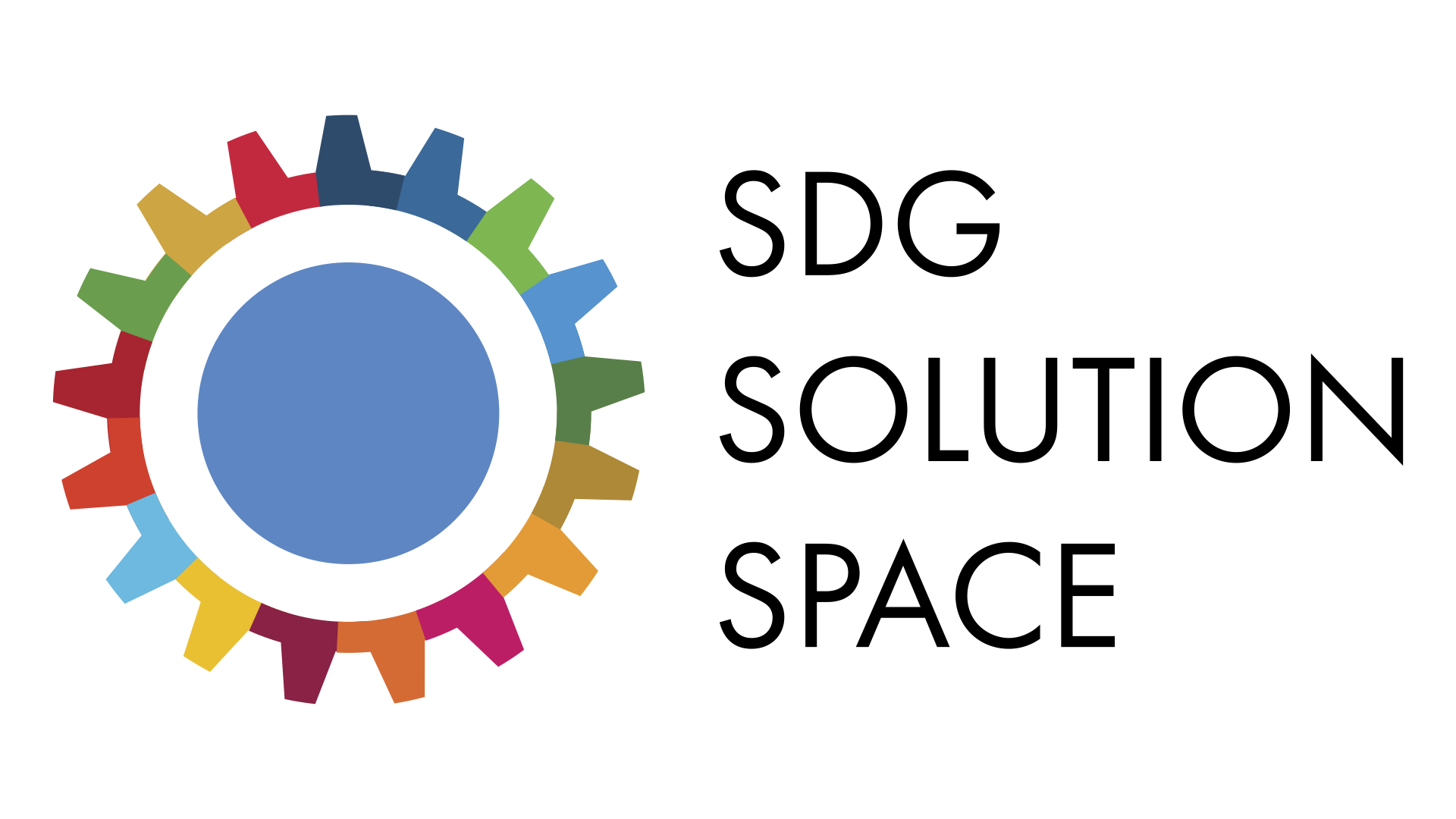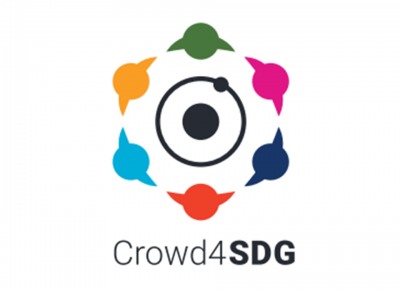Projects
Citizen Cyberlab plays a catalytic role in initiating public participation projects around the world and across a broad spectrum from fundamental research to humanitarian applications, through the technologies we develop and the events we organize. At Citizen Cyberlab, we also explore the implications of public participation in research and the broader relation between technology and society.
Citizen Cyberlab projects are classified in four broad categories – computing, thinking, sensing and understanding – according to the project’s primary objective. In all our projects, we are committed to Open Science standards, including developing open source software and hardware, using open data standards and favoring open access publication.
Computing
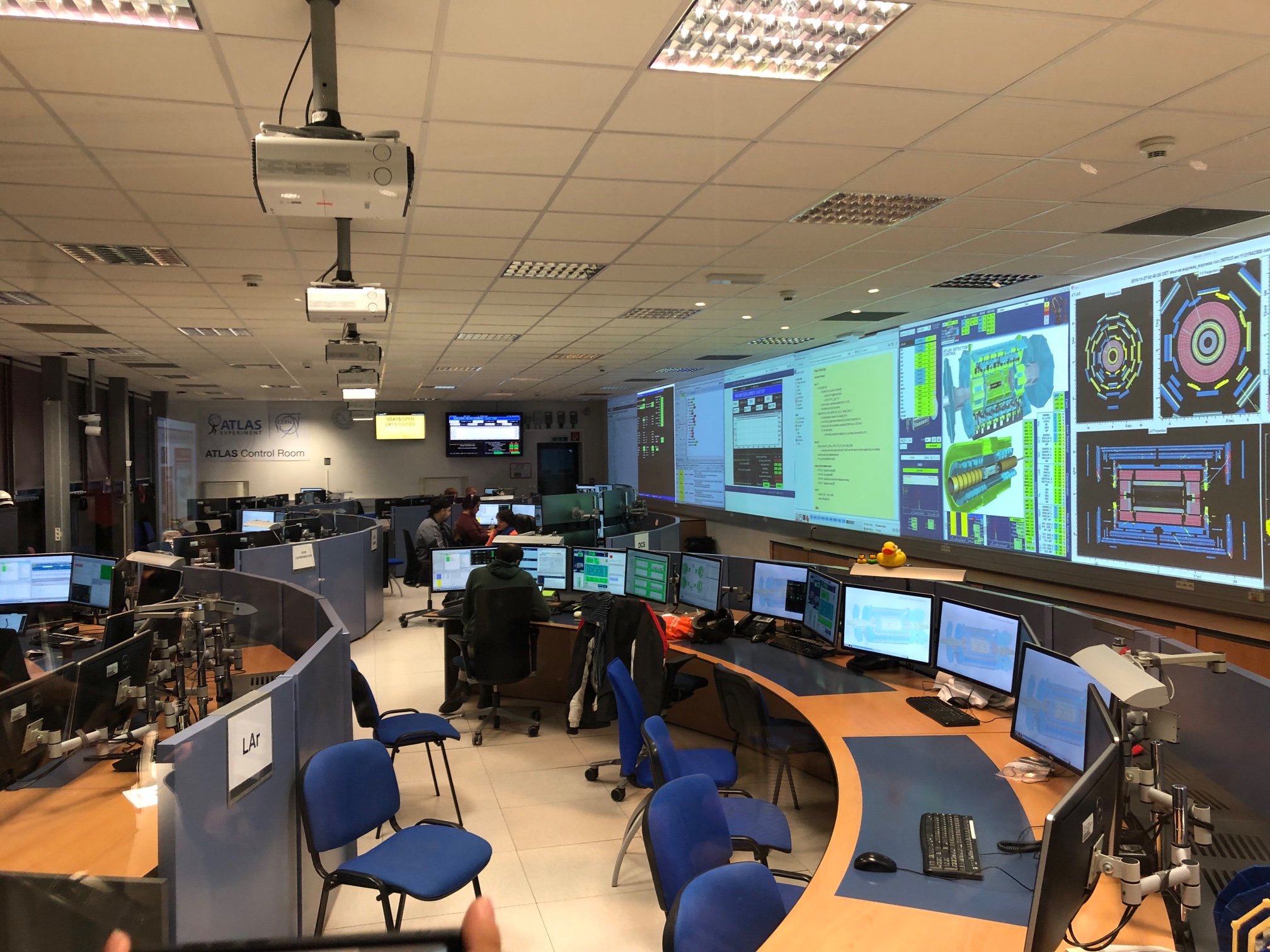
CERN Computing Challenge
The first CERN Public Computing Challenge ran in 2014 as part of CERN’s 60th anniversary celebrations. We invited volunteers around the world to help CERN scientists simulate particle collisions in accelerators like the Large Hadron Collider (LHC), using their own computers. In 2015, the one month long challenge was a chance for scientists to test new technologies for distributing and running simulations for the LHC experiments, such as a new version of the CERN’s own virtual machine technology, CernVM.

Malariacontrol (Africa@home)
The malariacontrol.net project, launched in 2005 by the Swiss Tropical and Public Health Institute in collaboration with Citizen Cyblerlab researchers, is an application that enables researchers to model in great detail the clinical epidemiology and natural history of malaria. Uncertainties inherent in the simulations are addressed using probabilistic sensitivity analyses that require millions of simulations. This computing power is obtained over the internet from spare capacity on the computers of volunteers. This project was a spin-off of several “Africa@home” workshops organized in collaboration with AIMS, the African Institute of Mathematical Science.

CAS@home
CAS@home is hosted by the Computing Centre of the Institute of High Energy Physics (IHEP), Chinese Academy of Sciences. Developed in collaboration with Citizen Cyberlab researchers, CAS@home is a volunteer computing project for Chinese scientists based on the BOINC open-source platform, which supports multiple applications in protein modeling, nanotechnology and particle physics. CAS@home is the first BOINC application to support a mulit-user environment for job submission, a feature developed with the BOINC team from University of California at Berkeley.

IBM World Community Grid and researchers at CNMM, a multidisciplinary mechanics and innovation centre at Tsinghua University, collaborated with Citizen Cyberlab to launch a multi-year simulation effort to understand the molecular scale properties of a new class of efficient and inexpensive water filter materials, which may help to satisfy the demand for cheap, clean drinking water in developing countries. The study, published in Nature Nanotechnology, required the equivalent of nearly 40,000 years of computing power on a standard personal computer.

LHC@Home is a project that supports several volunteer computing applications related to the Large Hadron Collider (LHC) at CERN. Volunteers donate idle time on their computers to help physicists do simulations and compare theory with experiment. Citizen Cyberlab researchers initiated the project in 2004 with the application Sixtrack and developed the “virtual machine” technology first used in the application Test4Theory in 2011 to simulate particle collisions, and now being applied in ATLAS@home, CMS@home and Beauty – applications specific to individual LHC detectors. Over 100,000 volunteers have contributed to LHC@home.
Thinking
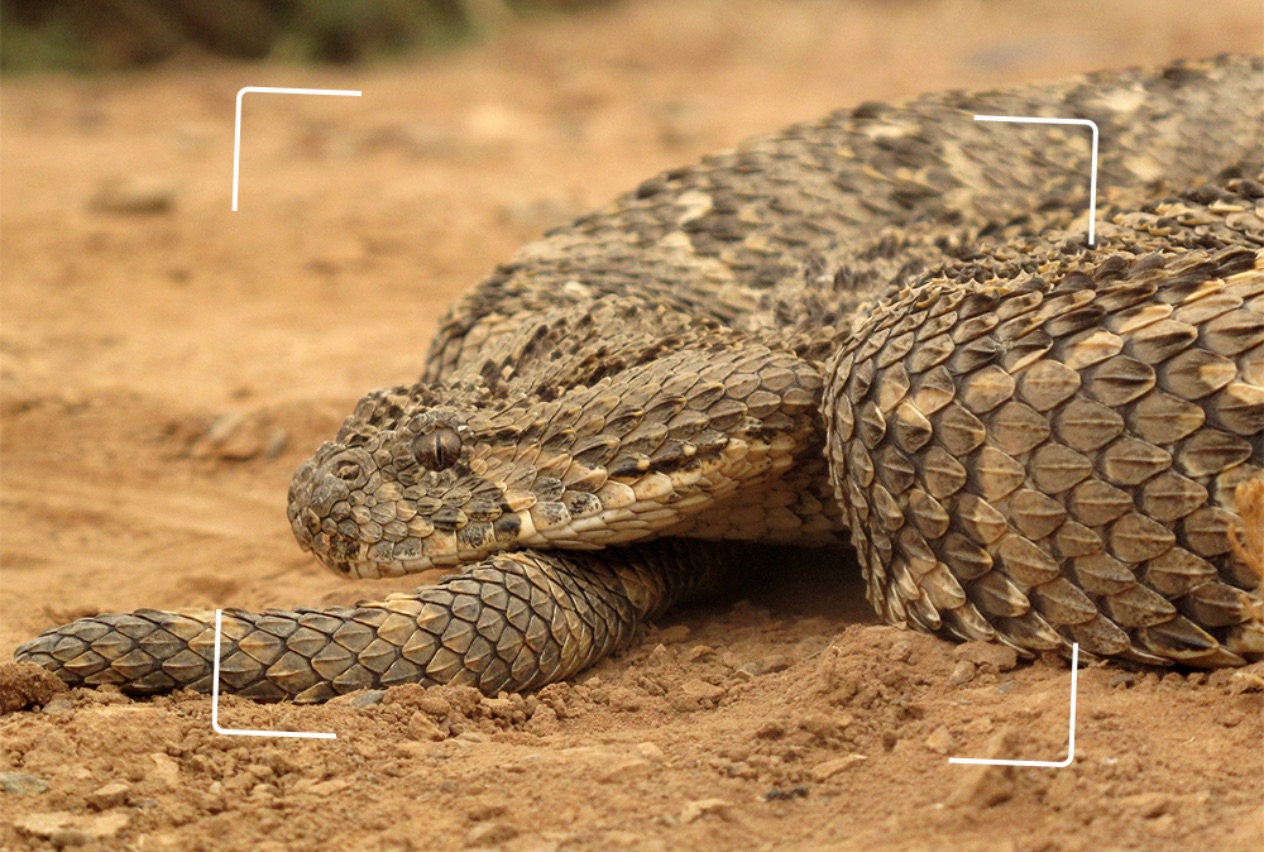
The Snake ID challenge aims to develop tools to improve snake identification in order to make the treatment of snakebites more efficient. Additionally, it has the goal to educate people on snakes and improve conservation and research efforts. In the first phase of the challenge, images of snakes already identified by experts were classified again by participants to test their accuracy and speed. Phase 2 of the challenge lets participants identify snake images sourced from Twitter. A series of scientific publications have been co-authored by CCL and CCCS researchers, including most recently a joint article in the Royal Society Open Science and a correspondence in Nature on CS for snake identification, research done in collaboration with UNIGE’s Institute of Global Health and the World Health Organization. This research originated from a participatory Open Seventeen Challenge project and relied on citizen-generated data using the Citizen Science Project Builder.
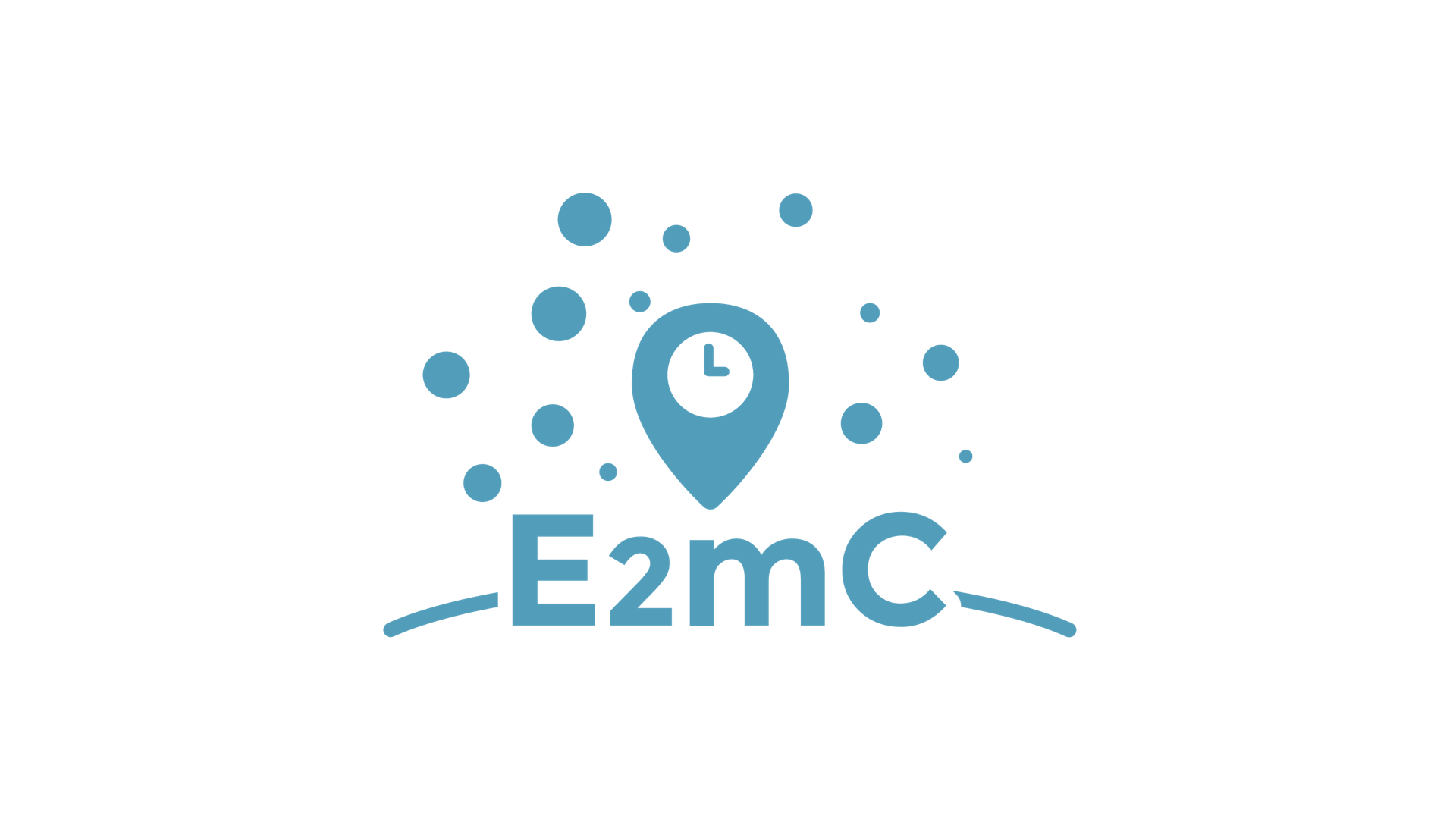
E2mC (Evolution of Emergency Copernicus services) project explored the technical and operational feasibility of the integration of social media analysis and crowd-sourced information within both the Mapping and Early Warning Components of Copernicus Emergency Management Service (EMS). At the heart of the E2mC project is a social and crowd platform combining automatic techniques for extracting information from social media, and crowdsourcing techniques to filter, classify, and improve the location information. Experimental data from UK floods 2014, Amatrice earthquake 2016 and the Florence and Michael Typhoons 2018 were used to show that with proper tools, citizens can analyse social media and achieve a data quality similar to that produced by experts.
In September 2015, world leaders committed to 17 Global Goals (Sustainable Development Goals or SDGs) that over the next 15 years should help end extreme poverty, fight inequality and injustice, and fix climate change. One way to ensure these goals are achieved is to establish a means for public participation in tracking that all stakeholders – governments, corporations, NGOs and international organisations – can live up to their promises. This requires harnessing the grassroots efforts of concerned citizens on a global scale. In collaboration with the ONE Campaign, The Governance Lab at New York University and the start-up SciFabric, Citizen Cyberlab is coordinating an effort to promote grassroots crowdsourcing of open data to track the SDGs.

Crowdcrafting is a web-based service that enables researchers to quickly develop and share online crowdsourcing projects where volunteers contribute to classifying image or textual data in ways that cannot easily be done by machines learning but require human intelligence. Crowdcrafting started at an Africa@home hackathon organized by Citizen Cyberlab at the African Institute for Mathematical Sciences and was co-developed with the Open Knowledge Foundation. It is currently developed by a Citizen Cyberlab spin-off company, SciFabric. The platform is based on open-source software and adheres to open science principles for data sharing.
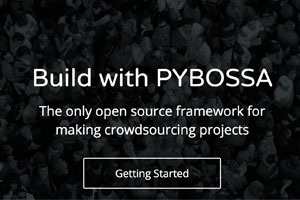
PyBossa is an open-source framework for developing crowdsourcing projects. It enables anyone to create and run projects where volunteers help with image classification, transcription, geocoding and more. PyBossa lets researchers, civic hackers and citizen scientists connect with people all around the world to solve problems faster and more efficiently. PyBossa was initiated in 2011 by Citizen Cyberlab and the Open Knowledge Foundation. It is the engine that powers Crowdcrafting and many other sites such as the British Museum MicroPasts and British Library Libcrowds, and is currently developed by the spin-off SciFabric.
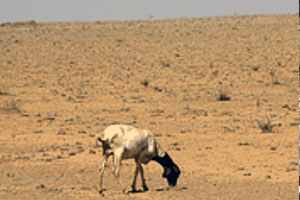
Geotag-X
GeoTag-X is a crowdsourcing research project set up by UNOSAT, the Operational Satellite Applications Programme that is part of the United Nations Institute for Training and Research UNITAR, a founding partner of Citizen Cyberlab. Developed as part of the EC Citizen Cyberlab project, GeoTag-X aims to help disaster relief efforts on the ground to plan a response by asking volunteers to analyse photos taken in disaster-affected areas. GeoTag-X is based on the PyBossa open-source framework for crowdsourcing.

Despite the proliferation of new remote sensing technologies, information about the status of the world’s forests is limited and unevenly distributed. In 2012, in a collaboration led by INPE and UNIFESP in Brazil, and in collaboration with UNOSAT in Geneva, Citizen Cyberlab initiated the ForestWatchers project as a new paradigm in conservationism. This citizen science project enables anyone (locals, volunteers, NGOs, governments, etc), to monitor selected patches of forest across the globe, in near real-time, using a notebook, a tablet or a smartphone connected to the Internet. The objective is to extend the work done by experts to track deforestation in the Amazon to other areas of tropical forest, using crowdsourcing where experts are not readily available.
Sensing

QuakeCatcher Taiwan
The Quake-Catcher Network Taiwan project is a collaboration initiated by Citizen Cyberlab in collaboration with Academia Sinica in Taipei. It involves deploying a low-cost strong-motion seismic network by utilizing sensors attached to volunteer computers. With citizens help, the Quake-Catcher Network aims to provide better understanding of earthquakes, and through deployment in schools may provide emergency response networks for rapidly estimating earthquake impact in developing regions of South-East Asia. The Quake-Catcher Network Taiwan is based on technology developed by USGS and Stanford University, using the open-source BOINC platform for networked computing, and also provides educational software designed to help teach about earthquakes and earthquake hazards.

LEGO2NANO
The Institute of Making and the London Centre for Nanotechnology have teamed up with Tsinghua University and Peking University to organize an annual summer school in China coordinated by Citizen Cyberlab. Chinese and European students collaborate to take on the challenge of developing a new type of low-cost scanning probe microscope with the power to capture images of the nano world. The open-source Atomic Force Microscope (AFM) will ultimately be made available to high school students in China and around the world, making use of LEGO, Arduino, cheap 3D printable parts and local components, and using the Crowdcrafting platform for the analysis of the resulting data.
Understanding
Crowd4SDG is a Horizon 2020 Research and Innovation Action supported by the European Commission’s Science with and for Society (SwafS) programme. The goal of Crowd4SDG is to research how citizen science can provide data for tracking progress towards the Sustainable Development Goals and to study how grassroots innovation can help achieve such progress. Based on shared expertise in crowdsourcing for disaster response, the transdisciplinary Crowd4SDG consortium of six partners is researching how applications of artificial intelligence and machine learning can enhance citizen science projects involving non-traditional data sources such as social media, in order to provide effective monitoring of SDG targets and indicators by citizens.
Crowd4SDG is a Horizon 2020 Research and Innovation Action supported by the European Commission’s Science with and for Society (SwafS) programme. The goal of Crowd4SDG is to research how citizen science can provide data for tracking progress towards the Sustainable Development Goals and to study how grassroots innovation can help achieve such progress. Based on shared expertise in crowdsourcing for disaster response, the transdisciplinary Crowd4SDG consortium of six partners is researching how applications of artificial intelligence and machine learning can enhance citizen science projects involving non-traditional data sources such as social media, in order to provide effective monitoring of SDG targets and indicators by citizens.

The Citizen Science Global Partnership is a network-of-networks that seeks to promote and advance citizen science for a sustainable world. Launched in December 2017 at the UN Science-Policy-Business Forum on the Environment, Citizen Science Global brings together existing networks of citizen science researchers and practitioners with advisory boards representing policy, business, and community-based perspectives. This initiative was founded in partnership with United Nations Environment Programme (UNEP) and is also supported by United Nations Educational, Scientific, and Cultural Organization (UNESCO).

Migrations, Integration and Diversity
The Centre Universitaire d’Informatique (CUI) and the Confucius Institute at the University of Geneva (IC) are collaborating on a project about the integration of migrant populations in contemporary China. The main objective is to analyze how different groups, especially “migrants” versus “locals”, interact and see each other within urban areas. It also features the development of software used to estimate and to record information related to the integration of a group of individuals with regard to another group. This innovative methodological tool is known as the Imitation Game. During experiments, members of two or more groups are invited to interact with each other by asking and answering questions and trying to identify who is who. The experiment is administered through specific software which regulates and records the participants’ interactions.

CERTIFY – Citizen Science for Certifying and Fighting Fake News
The Centre Universitaire d’Informatique (CUI) and the Confucius Institute at the University of Geneva (IC) are developing a methodology and a tool that will bring together knowledge-based fact-checking efforts and increase the public awareness by making audience participate and interact with truth checking process. As non-political information has received less attention from online platforms until now, the study will focus on fake news related to people’s daily life, such as basic economic, social, health, or sport related information. Applying such methodology will also help publishers and journalists to be more precise about the news they provide. The objective is to restore readers’ trust in the news published online as well as improve their understanding about how to evaluate information, since they will have the opportunity to be part of the fact checking process.

How did lay citizens become involved in the production of scientific knowledge? Where does this movement fit in the broader history of public participation in science? How did the rise of the “amateur” redefine expertise in a democratic society? And who are these “citizen scientists” today? These are some of the questions we will address in this five years interdisciplinary research project on the transformations of public participation in science (supported by UNIGE and the Swiss National Science Foundation)

The EC Citizen Cyberlab project is a three-year initiative, supported by the European Commission Seventh Framework Programme, to study and enhance the opportunities for learning and creativity available to participants in online citizen science projects. The project comprises seven partners based in France, Switzerland and the UK: Imperial College London, Universite Paris Descartes, University College London, The Mobile Collective as well as the Citizen Cyberlab’s three Geneva-based partners, CERN, UNITAR and UNIGE.
